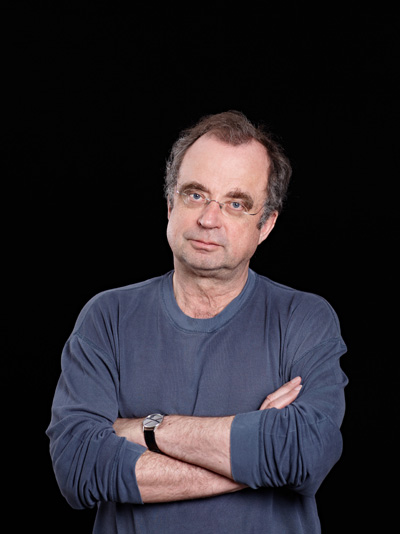“How times have changed!” – philosopher Michael Sandel on “Solidarity”
Saturday, April 13th, 2013Well, naturally I couldn’t make it. But I did appreciate the invitation to return to Vienna for the memorial for the institute’s founder, the Polish philosopher Krzysztof Michalski (we wrote about his death here).
Some weeks ago, the Institut für die Wissenschaften vom Menschen sent me an elegant invitation to its April 5 commemoration ceremony for Krzysztof Michalski at Vienna’s Museum of Applied Arts. Harvard’s Michael Sandel spoke at the event on “Solidarity.”
Because I could not stop for them, they kindly stopped for me: the institute sent me a link to the video of the event, below. After Cornelia Klinger‘s introduction to the talk, Sandel praised Michalski’s “unsparing eye for quality and for cant” – and, incidentally, also spoke of his delight in “hokey 40s’ harmony” of the Andrews Sisters, discovered inadvertently when he borrowed Michalski’s BMW in Tuscany and couldn’t turn the CD player off.
Sandel discusses the modern reservations about Solidarity, and considers the obligations (and limits of the obligations) we owe each other. He recalled Solidarity’s heyday in the 1980s, with an encyclical from John Paul II that treated the subject, as well as the works of philosopher priest Józef Stanisław Tischner. “How times have changed,” Sandel said. “In recent years, solidarity has been in retreat, in theory and in practice. In fact, today Solidarity has a quaint, almost archaic ring.”
“The suspicion of Solidarity that flows from an argument of moral philosophy rests on the idea that all obligations that count morally and civically must spring form an act of will, of one kind or another,” he said – yet “certain obligations may claim us, unrelated to a choice or act of will.” The moral force of the Solidarity vision may define who we are as well as allowing us embrace each other as fellow citizens, and accept the responsibility for actions of the distant past as well as the present. He suggests the “spiritual resonance” of Solidarity for these important Polish religious and moral leaders may rest on the understanding that everything that matters is not traceable to individual will or freedom.



